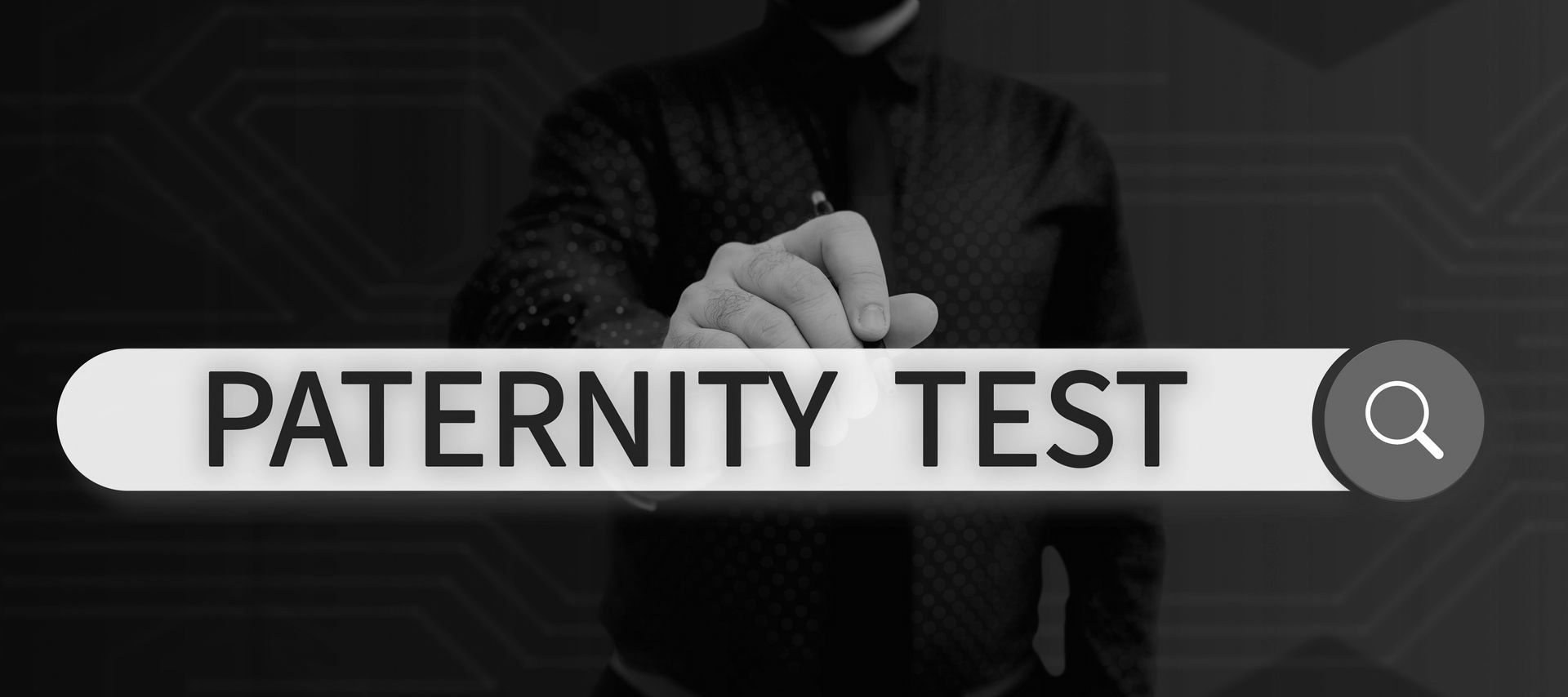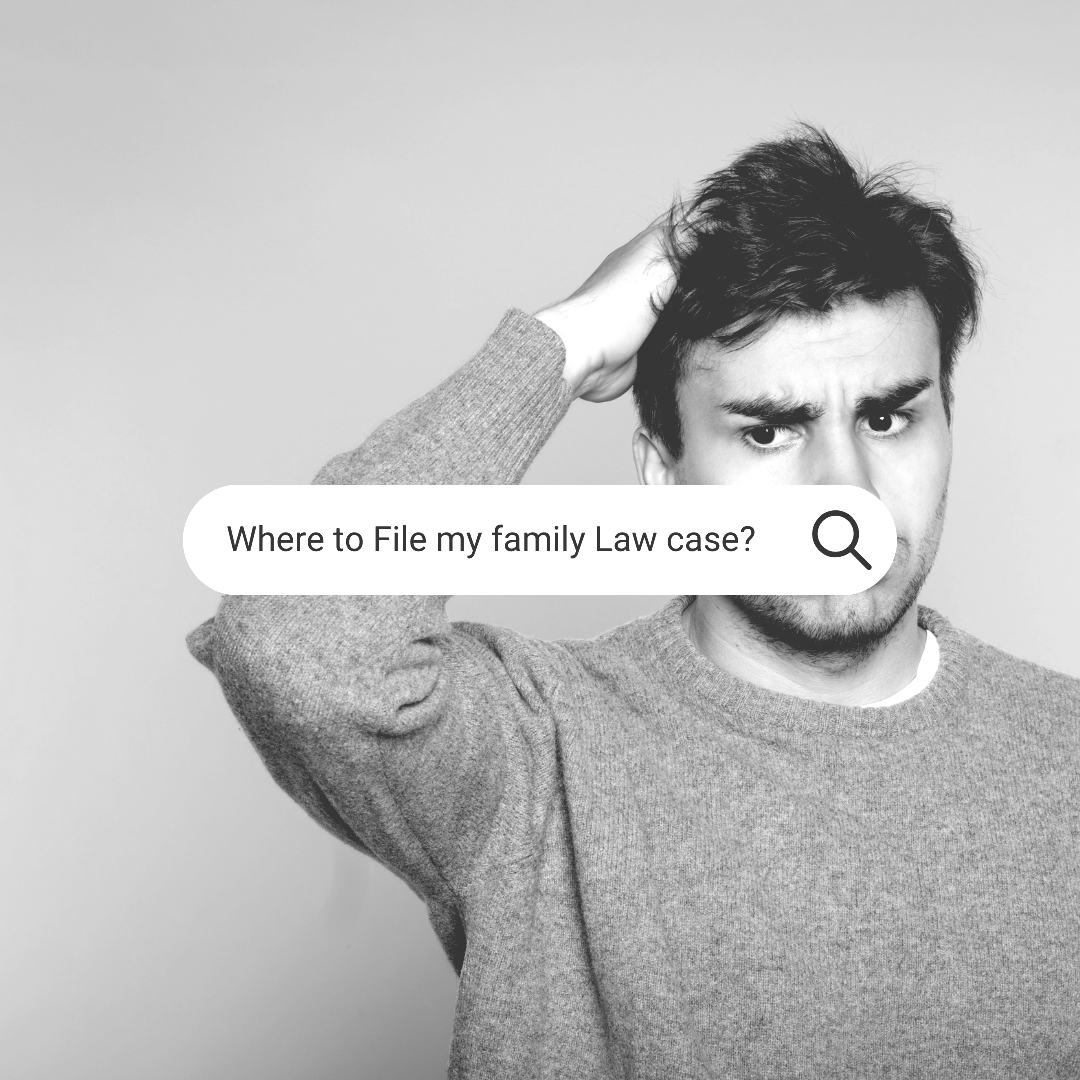Contact Us
Phone: 323-499-3361
Location
360 E 2nd St
Suite 800
Los Angeles, CA 90012
Hours
- Mon - Fri
- -
- Sat - Sun
- Closed
Call Now for a Consultation: 323-499-3361
Social Media and Divorce: How Your Posts Can Impact Your Case
Social Media and Divorce: How Your Posts Can Impact Your Case
Social media has made it easier for people to connect with their friends and family members, share their opinions, and document their lives. However, when it comes to divorce cases, Facebook, Twitter, Instagram, and other social media platforms can pose significant risks. In this blog post, we will explore how your social media activity can affect your divorce case and what steps you can take to protect your privacy.
Can social media posts become evidence?
Yes, social media posts can be used as evidence in a divorce case. If you post something that suggests you are hiding assets, lying about your income, or engaging in inappropriate behavior, your spouse's attorney may present that as evidence. Even if you delete a post, it may still be recoverable through digital forensics. Therefore, it is best to assume that anything you post online can potentially be used against you.
How can you protect your privacy on social media?
If you are going through a divorce, the best way to protect your privacy on social media is to limit your activity. Consider taking a break from social media altogether until your divorce is finalized. If you do use social media, review your privacy settings and make sure that only your trusted friends and family members can see your posts. Avoid accepting friend requests from people you do not know well or complete strangers.
What should you not post when you are going through a divorce?
When you are going through a divorce, you should avoid posting anything that could be interpreted as belittling, aggressive, or derogatory towards your spouse. Even if you are venting or joking, it may be taken seriously and used against you. Additionally, avoid posting anything that suggests you are having an affair, using drugs or alcohol excessively, or engaging in behavior that is deemed inappropriate or illegal.
Protect Your Children
Children are often the biggest victims of divorce. Therefore, it is crucial that you do not involve them in any drama, especially on social media. Avoid posting anything that suggests your children are being used as pawns or being alienated from your spouse. If you have custody arrangements in place, do not disclose any information about your children's whereabouts or activities that could compromise their safety or privacy.
How can an attorney help?
If you are going through a divorce and are concerned about social media activity impacting your case, it is essential to seek legal assistance. An experienced family law attorney can help you understand your rights and obligations, assess the risks associated with your social media activity, and devise a strategy to protect your interests. Additionally, an attorney can represent you in court and negotiate on your behalf.
Social media can be a double-edged sword in a divorce case. It can provide evidence that can be used to support your case, but it can also undermine your credibility and damage your reputation. Therefore, it is essential to be mindful of what you post and how you interact with others on social media during a divorce. At M.C. Law, we can provide legal assistance to California residents who are going through a divorce or family law matter. Contact us today to schedule a consultation and learn how we can help you protect your rights and interests.




Schedule a Case Evaluation
Contact us now!
Homepage FCE Form
We will get back to you as soon as possible.
Please try again later.
By submitting this form, you agree to be contacted by our law firm, either by phone, text or by email.
Disclaimer: The information on this website is for general information purposes only. Nothing on this site should be taken as legal advice for any individual case or situation. This information is not intended to create, and receipt or viewing does not constitute an attorney-client relationship.
All Rights Reserved | M.C. Law, P.C. | Powered By Convert It Marketing | Privacy Policy
All Rights Reserved | M.C. Law, P.C. | Powered By Convert It Marketing | Privacy Policy







